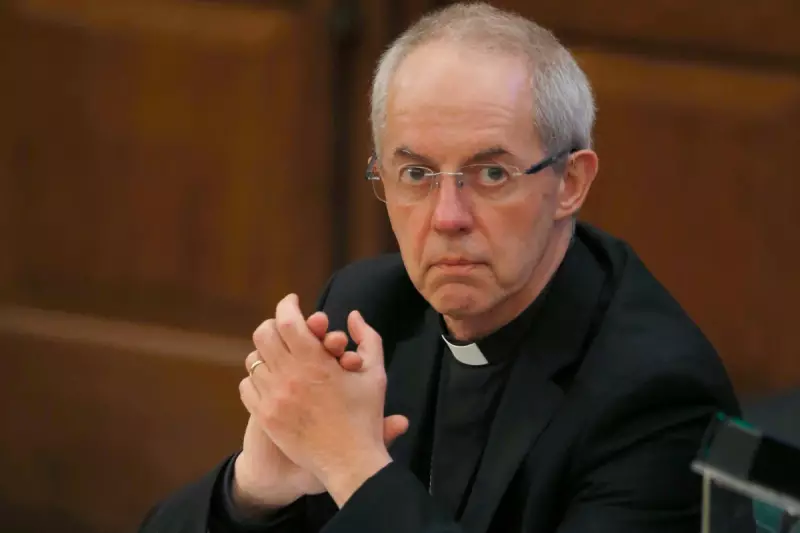
The Church of England finds itself at the centre of a growing constitutional storm after implementing controversial new election rules that effectively muzzle clergy from criticising political parties during campaign periods.
Silencing the Pulpit
In a move that has alarmed both religious leaders and democracy advocates, the Church's newly published guidance for the upcoming general election forbids any criticism that "directly or indirectly identifies a political party as contrary to the Christian faith or gospel values." This sweeping restriction represents a significant departure from previous election protocols and has triggered concerns about the Church's role in public discourse.
Constitutional Implications
The timing of these restrictions couldn't be more critical, with a general election looming and numerous contentious issues dominating political debate. The guidance effectively prevents clergy from addressing party positions on key moral and ethical matters that have traditionally fallen within the Church's purview.
Key restrictions include:
- Prohibition of any criticism targeting specific political parties
- Ban on suggesting any party opposes Christian values
- Restrictions on addressing party policies from the pulpit
- Limitations on political commentary during religious services
Free Speech Concerns
Critics argue these rules represent an unprecedented suppression of religious free speech and could prevent the Church from fulfilling its moral leadership role during a crucial national decision-making period. The guidance comes amid ongoing debates about the proper relationship between religious institutions and political processes in modern British society.
"This isn't just about election etiquette—it's about whether the Church can speak truth to power when it matters most," commented one concerned clergy member who wished to remain anonymous.
Historical Context and Modern Challenges
The Church of England has historically maintained a delicate balance between political engagement and neutrality. However, these new rules appear to tip that balance significantly toward restraint, raising questions about whether the institution is retreating from its traditional role as a moral conscience for the nation.
As the election campaign intensifies, all eyes will be on how clergy navigate these restrictive new guidelines and whether the Church's voice will be heard on issues of national importance.






